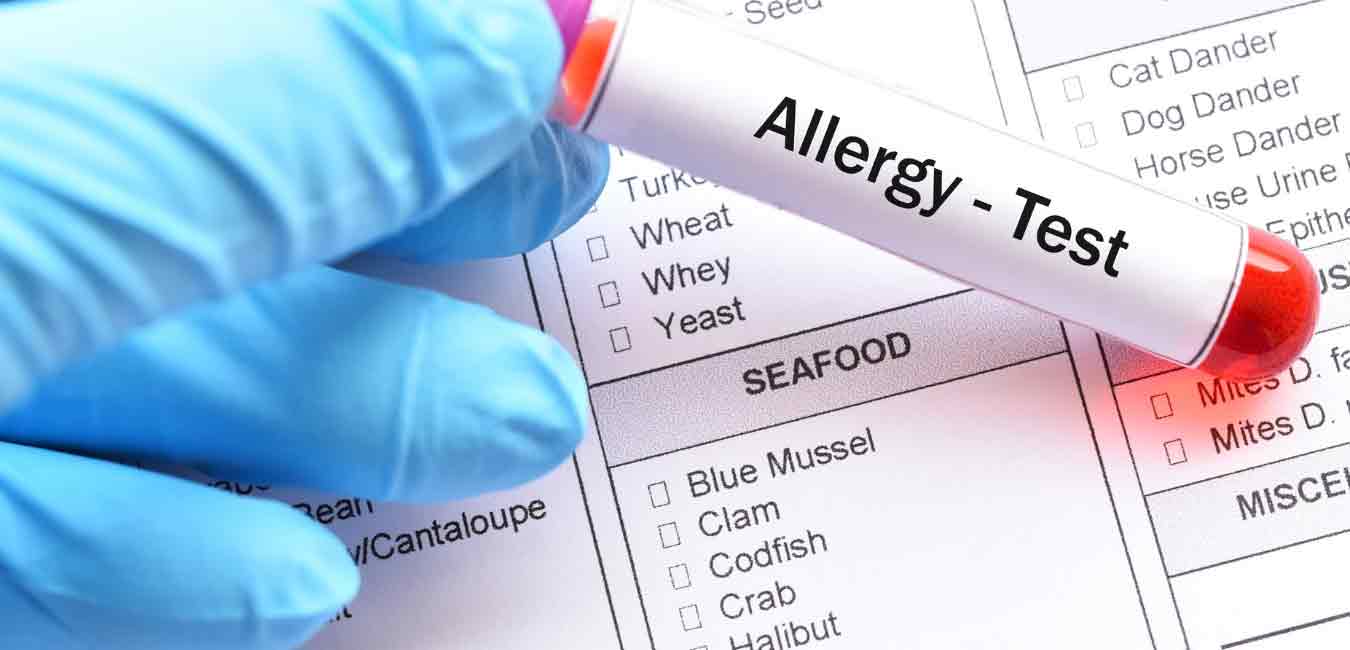Food Allergies are Real – The Data Shows it
Eating at a Meeting Podcast Episode 12
In her 2019 research, “Prevalence and Severity of Food Allergies Among US Adults” the data showed that 1 in every 10 adults has food allergies. Dr. Ruchi Gupta, MD, MPH wants to make sure that the general public is aware of food allergies, and food related conditions, how common they are and how significant they are.
These potentially life-threatening conditions should not be taken lightly. In this conversation we talk about the prevalence of food allergies, the need for workplace policies, public awareness, why there are so many food allergies, research and potential cures. Her passion and commitment to help us all is very inspiring.
Ruchi Gupta, MD, MPH, has more than 16 years experience as a board-certified pediatrician and health researcher and currently serves as the director of the Center for Food Allergy and Asthma Research (CFAAR), where she is actively involved in clinical, epidemiological, and community-based research. Dr. Gupta is the author of the Food Allergy Experience, has written and co-authored over 100 peer-reviewed research manuscripts and has had her work featured on major TV networks and in print media.
What do safe, inclusive & sustainable food and beverage experiences look like to you?
Safe and Inclusive food and beverage experiences are those that provide opportunities for anyone to eat and drink in a safe and tasteful way. Clarity in food labeling is very important to consumers to be able to fully understand what ingredients are in foods and beverages and to be able to eat and drink safely. It’s also important for restaurants to keep eating areas clean, so that no one is exposed to a potential allergen. It’s so much easier to have a positive food and drink experience when you know what you’re eating, and your eating area is clear of any potential allergens.
Do you have an example of a situation that negatively effected you and/or other individuals or groups’ food and beverage experience?
The stress associated with eating outside of your home can stop anyone with food allergies from enjoying their meal. Ensuring that restaurant staff is knowledgeable of the ingredients in all food served in their establishment including pre-packaged food is challenging and inconsistent from place to place.
Traveling can also be challenging. Medications and more specifically an EpiPen must be on hand. It’s also imperative to communicate to traveling companions and hospitality staff in advance about needs and the specific food allergy that will need to be accommodated. Communication is critical regarding an Anaphylaxis Emergency Action Plan and knowing those around you are able to administer epinephrine if necessary.
What do you wish people knew about what you do?
Our main goal with our research is to make daily living with allergic conditions easier by providing insight through our data. We set out to answer the critical questions that impact these families such as:
- Who is living with a food allergy in the U.S.?
- To what foods are they allergic?
- How much does living with a food allergy cost families every year due to special diets, ed visits, prescriptions?
- What impact does food allergy have on families’ quality of life?
- What is needed in schools to help children with food allergy?
- What sort of tools to pediatricians and allergists need to help their patients?
- What policies are needed on state and national levels to support these families?
With this information, we’re able to both guide policy recommendations to ensure safer and more inclusive practices for families with food allergy, and create interventions and best practices in clinical care to give the best and most comprehensive care possible.
What is a best practice you use/or have seen to create safe and inclusive F&B experiences?
I find that my family feels the safest when attending a restaurant when the staff has explicit allergy practices in place. When they approach the table asking “any allergies the chef should be made aware of?” right when we sit down, it’s a sigh of relief that they are aware and willing to accommodate my daughter right off the bat. We went to a restaurant recently that had an entire online system to track any food allergies to work with the chef, and they mentioned they have an entire portion of their training at the restaurant dedicated to food allergy best practices. This is unfortunately rare, but I’m seeing this more and more when we’re going out and think it would be an amazing addition to restaurant dining to keep the families as safe as possible.
When it comes to our personal best practices, my daughter is an incredible advocate for herself, so she knows when she’s attending any social events to always have a watchful eye and ask the right questions before she eats anything. It’s a tough job for a teenager, but we have all established best practices in our family to make sure she’s as safe as possible and feels empowered to attend any event without any fear.
Overall, Having appropriate labels at social events and informing the hosts of your allergy before attending is always a key way to make the experience as enjoyable as possible.
Links:
Connect with Dr. Gupta — Website | Facebook | Instagram | Twitter
Read the thrive! blog post about Dr. Gupta here.
Read the Prevalence and Severity of Food Allergies Among US Adults study here
Check out other featured guests on the Eating at a Meeting podcast







